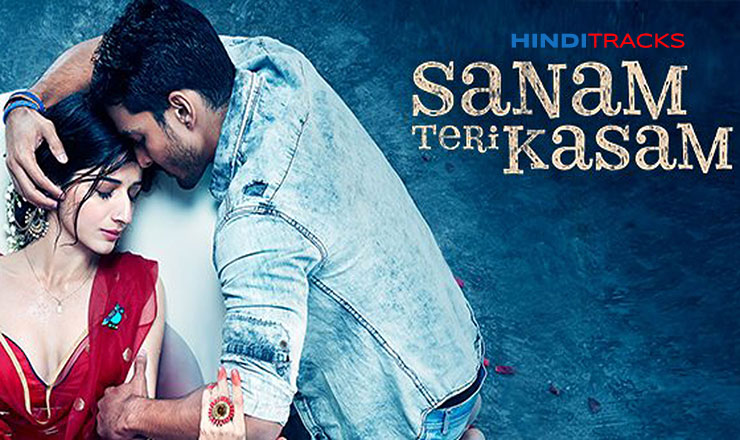
The way her character barges into the brooder hero’s troubled life, I almost expected Hocane to burst into ' Maine kaha phoolon se' from Mili. She is clearly an offshoot of the effervescent Jaya Bhaduri. It’s another matter that Mowra Hocane looks appealing with or without the chashma. That sense of be(un)spectacled freedom is offered in Sanam Teri Kasam in Saraswati’s character. When Preity Zinta flung the chashma aside in Kal Ho Na Ho her life changed dramatically. It has been a metaphor for feminine drabness from the days of Sadhana in Love In Simla all the way upto Deepika in Yeh Jawani Hai Deewani. Though the characters occupy a fairytale world they nonetheless seem to connect with a real world populated by believable people, including the heroine’s disciplinarian father whose notions of social disgrace are as outdated as the concept of a Plain Jain in spectacles.Īh, the chashma. There is an aura of suppleness and gentleness in the plot’s measured movement. Harshvardhan Rane and Mawra Hocane seem like kindred spirits in scenes that exude a wispy aroma, as though the co-directors Vinay Sapru and Radhika Rao were saluting an era when love was not a commodity to be merchandised in the movies. There is a sense of thrilling discovery in the way the two Bollywood debutantes grab at the lapels of their characters and push into the interiors of their world to ferret out emotions that perhaps lie buried too deep for even the script to retrieve. The narrative has a knack of making potentially tried and tested, and hence trite and detested, scenes look newly-fangled. For most of its blithe 2 ½ hour journey, Sanam Teri Kasam avoids unnecessary complexities and tangles.

Gosh, does that sound complicated? Banish that thought. There is a righteous but disgraced daughter dumped by her dreadful daddy, rescued by a sulking Sir Galahad who has a dark past, and he doesn’t try to hide that fact that he has something to hide.Ī youtube screen grab from 'Sanam Teri Kasam'. It has a certain old-world charm about it. Sanam Teri Kasam is also about finding love in unexpected places.

If first impressions are the last, then the moment the film’s leading man Harshvardhan Rane walks into the frame you know you are watching a thoughtful variation of Amitabh Bachchan in Hrishikesh Mukherjee’s Mili, which Siddharth Malhotra so desperately tried to recreate in that silly film about love, loss and retribution Ek Villain.

In how many ways do we love Shakespeare’s ode to the doomed alliance between two socially unequal lovers? I am not too sure how far back the co-directors of Sanam Teri Kasam, this week’s love-lorn saga, would like us to go? Is it Shakespeare’s Romeo & Juliet or Erich Segal’s Love Story?Įither way Sanam Teri Kasam is a winsome nugget on love romance and heartbreak, with two very watchable newcomers who are seen helming the rapturous emotions, navigating the nifty numbers (Himesh Reashmmiya) and dialogues, through a coherently charted route to a tragic finale.Ī charming simplicity and an arcadian innocence runs through Sanam Teri Kasam, a film far superior in its aspirations and achievements, than its namesake released in 1982.


 0 kommentar(er)
0 kommentar(er)
